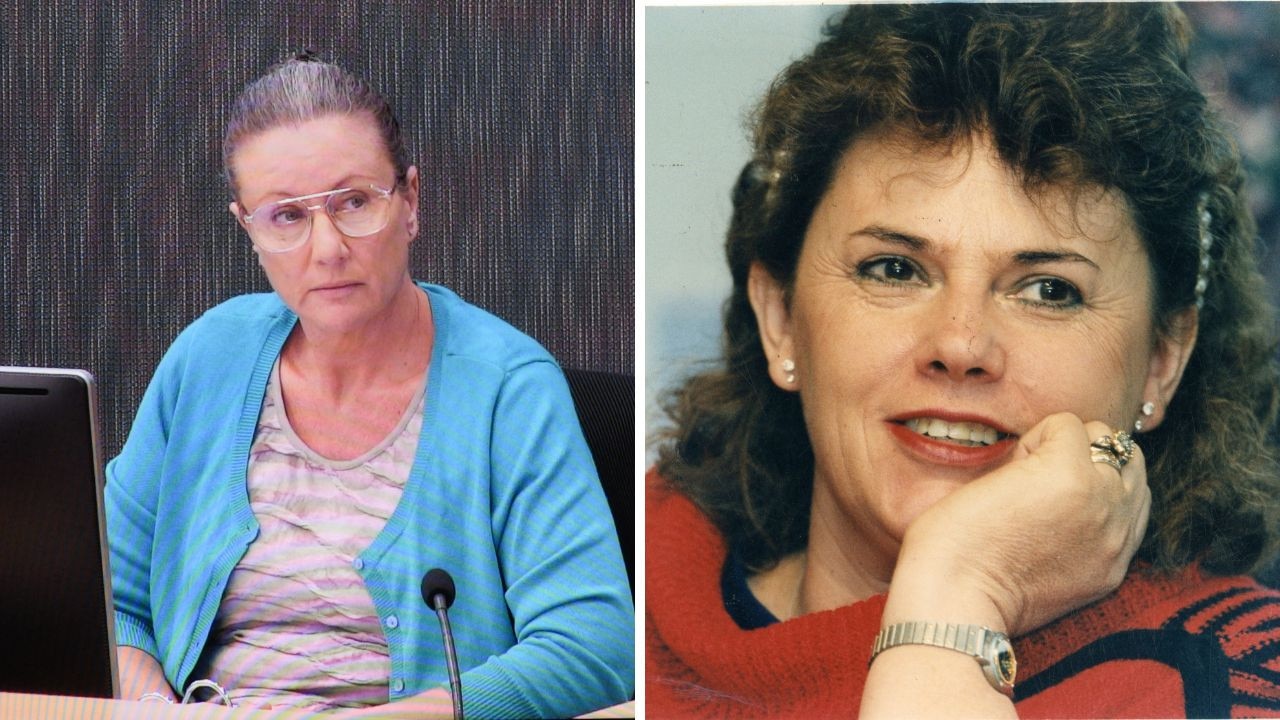Mother’s Guilt podcast: Explosive new evidence that forced Folbigg inquiry adjournment
A striking breakthrough forced the adjournment of the inquiry into convicted child killer Kathleen Folbigg after only two days of a scheduled two-week sitting.
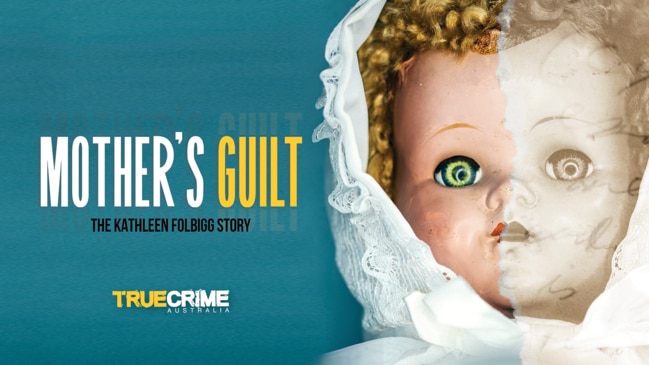
Mother's Guilt
Don't miss out on the headlines from Mother's Guilt. Followed categories will be added to My News.
Explosive fresh evidence from a Danish professor has not only forced the adjournment of the much-anticipated Folbigg inquiry but strengthened the belief that a new genetic mutation is responsible for the deaths of two of the four Folbigg children.
Kathleen Folbigg has spent 19 years in jail after being found guilty of three counts of murder and one count of manslaughter with regards to her children Patrick, Caleb, Sarah and Laura.
Danish Professor Michael Toft Overgaard, a protein expert and his colleague Professor Mette Nyagaard, a molecular geneticist from Aalborg University, who were co-authors on the 2021 paper that identified both Ms Folbigg and her two daughters carried a new genetic mutation linked to cardiac arrhythmias and sudden death, produced new evidence on Tuesday that strengthens their original finding.
As explained in depth in the Mother’s Guilt podcast, the Danish professors reproduced the Folbigg mutation and proved it interfered with calcium binding in the same way other mutations linked to long QT syndrome (which can cause heart arrhythmia) do. Calcium helps to control the heart’s contractions.
LISTEN: Episode 6 of our SUBSCRIBER EXCLUSIVE podcast Mother’s Guilt – The Kathleen Folbigg Story, is now live. Press play here.
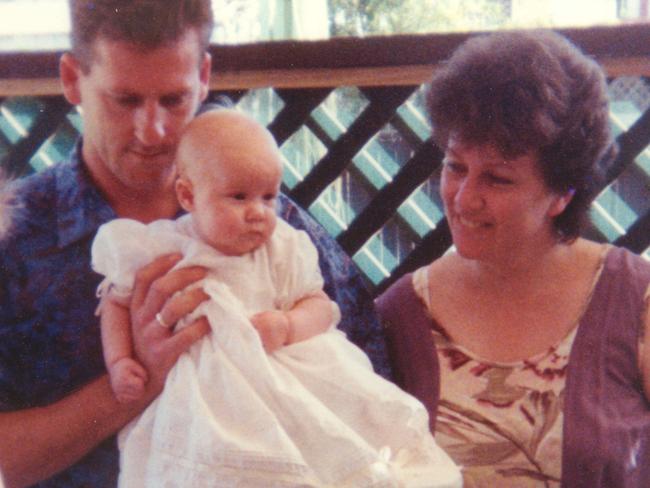
Several cardiologists set to give evidence have argued the deaths of the girls, who both died under age two, and in their sleep, did not fit the known clinical scenario of fever triggered heart arrhythmias.
That clinical presentation did not relate to calcium binding, but sodium binding interference as seen in other cardiac arrhythmia diseases such as Brugada syndrome where abnormal heart rhythm can be brought on by fever.
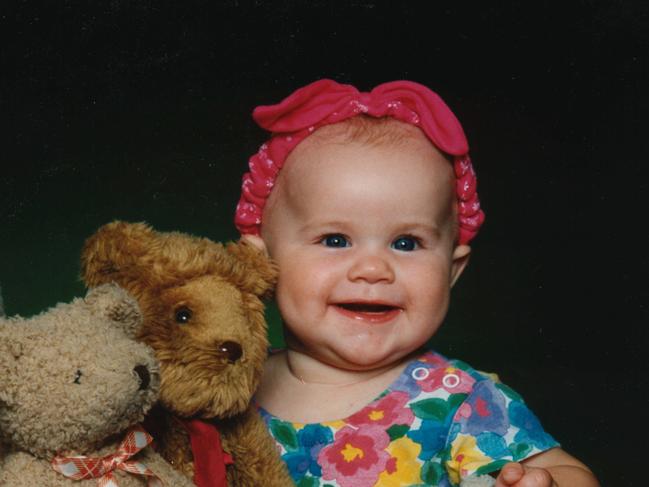
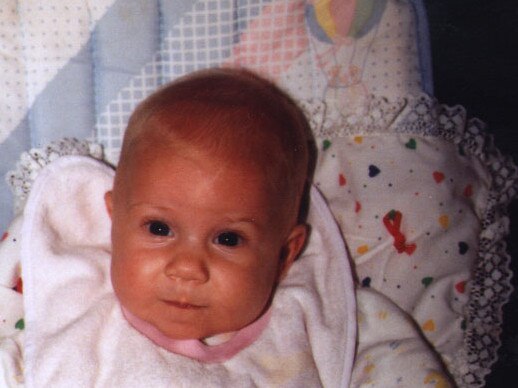
Professor Toft Overgaard ran the Folbigg mutation called G114R through additional tests two weeks ago and presented the breakthrough finding on Tuesday that the Folbigg mutation not only affected calcium biding but also “severely affected” sodium binding in the heart, a world first discovery that Prof Toft Overgaard was nervous about presenting before a full published study could be completed.
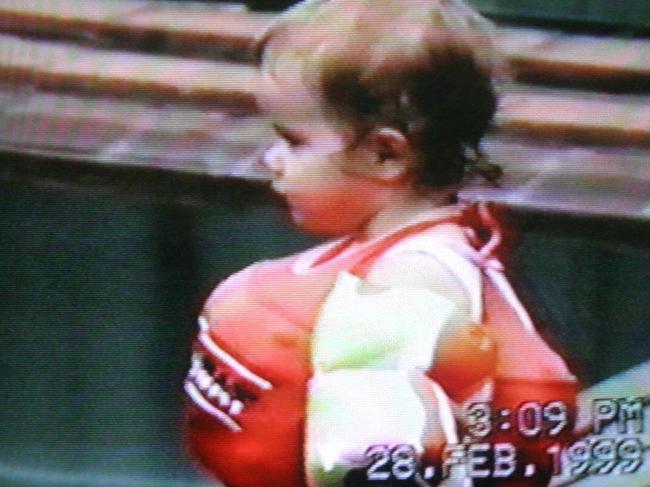
Counsel assisting the inquiry Julia Roy asked Prof Toft Overgaard if he would normally share such a breakthrough so early on after the discovery, which was only a week ago.
“No, we hope not too many people are listening because of course, we are in science, we are in a competition with other labs, so the first one to try and publish, gets all the glory. So by doing this, of course, we have invited the competitors to run for the race. But for us, I think this is more important,” Prof Toft Overgaard said.
Asked if they both believed the genetic mutation was responsible for the death of the girls they answered: “From what we know, yes.”
Ian Connellan from the science not-for-profit, the Royal Institution of Australia, said it was a compelling breakthrough.

“There’s no question that it strengthens the original argument (that the girls died of cardiac arrhythmias.). So it’s extremely compelling evidence, as is always the case with science. More work may be done,” he said.
“But as things stand as where we are now with the science, this is extremely compelling evidence. It provides explanations as to why the Folbigg girls died so young, and while they were asleep.”
Geneticist and signatory to the petition Professor Jozef Gecz from Adelaide University said the findings were a world first.
“So this is totally novel. And I would say a quite, quite dramatic piece of evidence supporting the importance of the … variation as an explanation for the dire consequences of these two girls,” he said.
The new science is so compelling, inquiry chair Tom Bathurst KC adjourned the inquiry until next February to allow other scientific witnesses set down to give evidence to digest the findings.
The inquiry that started on Monday was set up after a team of international scientists discovered both Ms Folbigg and her two daughters carried a new genetic mutation linked to cardiac arrhythmias and sudden death.
The paper, published in 2021, led to a petition signed by 151 eminent scientists calling for Ms Folbigg’s pardon.
With no forensic evidence of smothering, the 2003 trial was based solely on circumstantial evidence.
FOR MORE: Click here for the full Mother’s Guilt episode rundown


